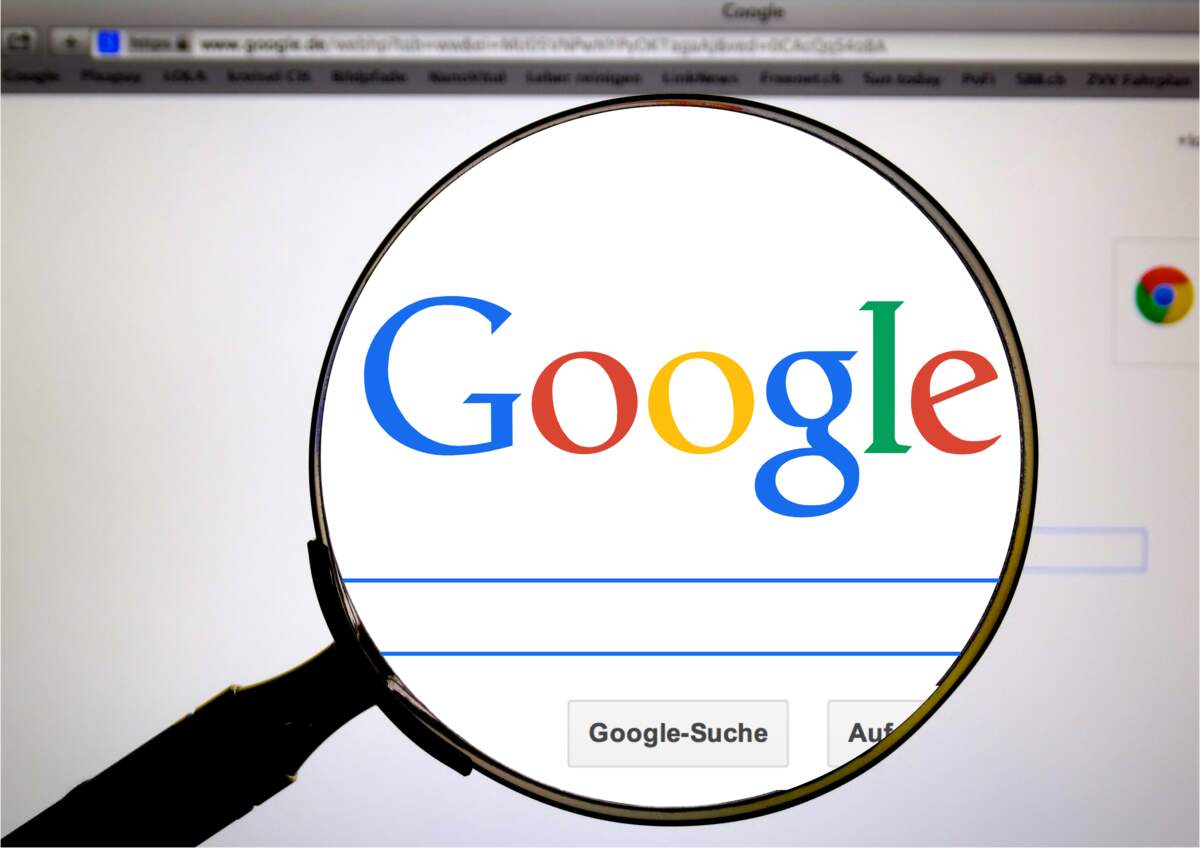

International Internet Day
Also known as
Internet Day
Observed
annually on October 29th (since 2005)
Dates
Hashtags
Sources
http://www.theinternetday.com/
https://www.calendarlabs.com/holidays/international/international-internet-day.php
https://www.history.com/news/who-invented-the-internet
https://www.livescience.com/20727-internet-history.html
https://www.poynter.org/reporting-editing/2014/today-in-media-history-the-internet-began-with-a-crash-on-october-29-1969/
The internet consists of interconnected computer networks that are accessible to the public around the globe, which use Internet Protocol and transmit data by packet switching. There is record of an International Internet Day being held in 1999, but by most accounts, this holiday began being observed in 2005. The observance marks an important date in the history of telecommunications and technology: the anniversary of the first "node-to-node" communication between two computers, which essentially was the first internet transmission. The day celebrates this event and all those who have contributed to the building of the internet, and it is a day to reflect on how life has been changed by the internet.
It was on today's date in 1969 that the first electronic message was sent from one computer to another. ARPANET, the Advanced Research Projects Agency Network, was the precursor to the internet. Funded by the US Department of Defense, the network used packet switching to connect four terminals: UCLA, Stanford, University of California-Santa Barbara, and the University of Utah. Charley Kline, a student programmer at UCLA, under the supervision of Professor Leonard Kleinrock, transmitted a message from the SDS Sigma 7 Host computer in UCLA's computer science department to the SDS 940 Host computer, manned by Bill Duvall, at Stanford. Kline attempted to send the word "login," but the connection crashed after the first two letters, and only "L" and "O" were sent. These letters became the first data sent over the first long-distance computer network.
Early on, the internet was largely limited to government agencies, universities, and a few others in the scientific community. But this was just the starting point. Robert Kahn and Vinton Cerf developed Transmission Control Protocol (TCP) and Internet Protocol (IP), known as TCP/IP, in the 1970s. On January 1, 1983, TCP/IP became the standard protocols for ARPANET and other computer networks. The Domain Name System (DNS) came about the same year, which labels domains such as .com, .gov, .edu, and .org.
The first commercial dial-up internet was offered in 1989. Around the same time, Hypertext Markup Language (HTML) and Hypertext Transfer Protocol (HTTP) were invented by Tim Berners-Lee, which made the World Wide Web possible. The Web was launched to the public in August 1991 and soon drove the popularity of the internet with the public. Windows 95, the first operating system with Internet Explorer, further increased internet use in homes. Early internet use consisted of basic website viewing, email, and chat rooms.
Between 1996 and 2008, the number of websites increased from 100,000 to more than 162 million. The proliferation was driven by online stores like Amazon.com and eBay.com, which caused other businesses to get in on the online retail game, and by the starting of web development programs like Dreamweaver, which allowed individuals to make their own websites. Google search engine debuted in 1998, and many internet-related companies that are of great importance today got their start in the first decade of the twenty-first century: Skype in 2003, Facebook in 2004, YouTube in 2005, Twitter in 2006, and Pinterest and Instagram in 2010. These companies impact our lives on a daily basis, but they didn't come out of nowhere. Their creators built on the efforts of computer scientists and engineers that came before them and many breakthroughs had to take place to get us where we are today, one of which took place on today's date in 1969 between two computers in California.
How to Observe International Internet Day
Here are some ideas on how to spend the day:
- Surf the internet, send an email, or use social media.
- Visit the first web page.
- Learn a computer programming language.
- Visit the Computer History Museum.
- Watch a short video with Charley Kline and Bill Duvall about the first ARPANET communication.
- Explore the Internet Hall of Fame and the Big Internet Museum.
- Read a book about the internet.
- Watch a documentary about the internet.





















